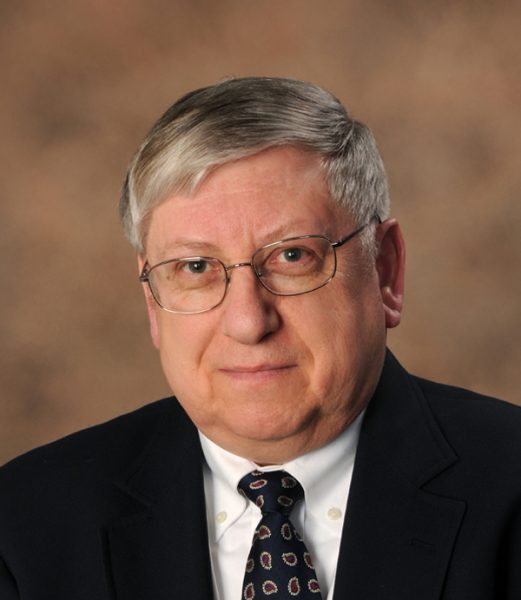UAF researcher testifies about Arctic maritime infrastructure needs
June 12, 2018

UAF researcher Lawson Brigham testified during a June 7 congressional hearing on maritime transportation in the Arctic.
The House Transportation and Infrastructure Committee hearing addressed the United States' lack of infrastructure, research and preparedness as maritime traffic increases rapidly in Arctic waters.
“No discussion on this topic can be made without review of the Arctic Council’s Arctic Marine Shipping Assessment,” said Brigham, a professor of geography and Arctic policy at the International Arctic Research Center.
Brigham referred to the three main themes of the assessment during his testimony: enhancing Arctic marine safety; protecting Arctic people and the environment; and building Arctic marine infrastructure.
Building marine infrastructure to ensure safe navigation and protection of the environment should be a U.S. priority, according to all six experts who testified. With the exception of the coasts of Iceland, northern Norway and northwest Russia, Brigham said, the Arctic lacks facilities for search and rescue efforts and environmental response and monitoring.
Brigham also said that only 4.7 percent of the maritime Arctic is charted to modern international standards.
After the testimony, representatives at the hearing agreed that policies must address changing Arctic conditions and the increased vessel movement through the Bering Strait into polar waters.
Rep. John Garamendi, D-California, suggested that $1 billion of the $717 billion Department of Defense budget be allocated to the Arctic this year. Garamendi said $50 million of that amount could be set aside for research. He urged Brigham and the other five witnesses to recommend the funding, personnel and equipment necessary to prepare for the future Arctic.
The six Arctic experts were encouraged to continue offering advice to the committee as an Arctic strategy is developed.
For more information on the hearing, visit the Transportation Committee website.


